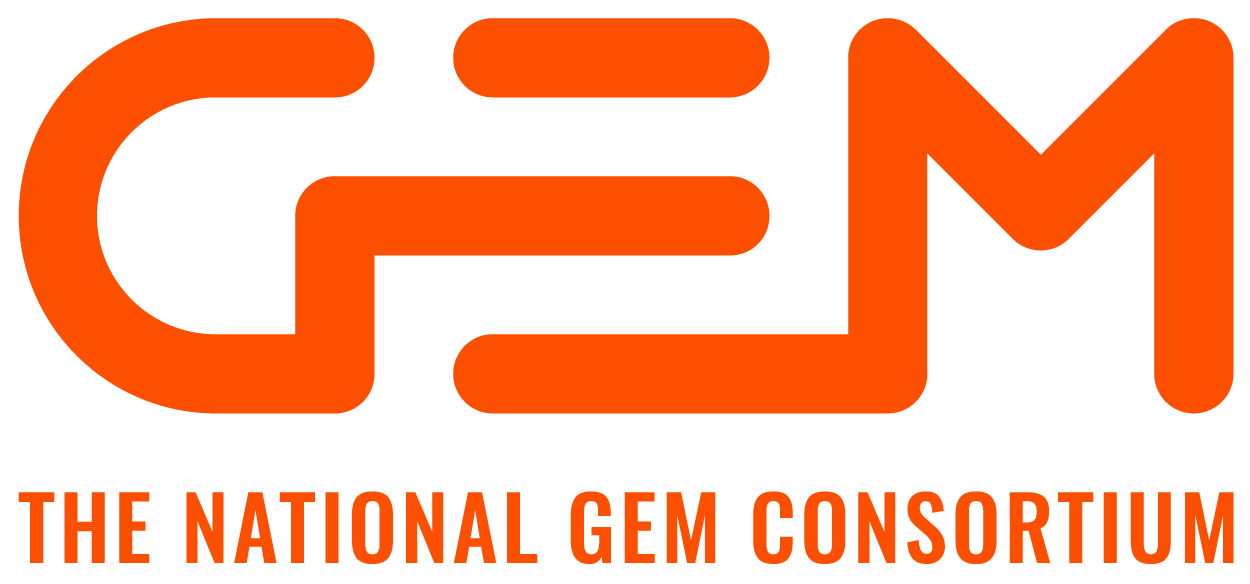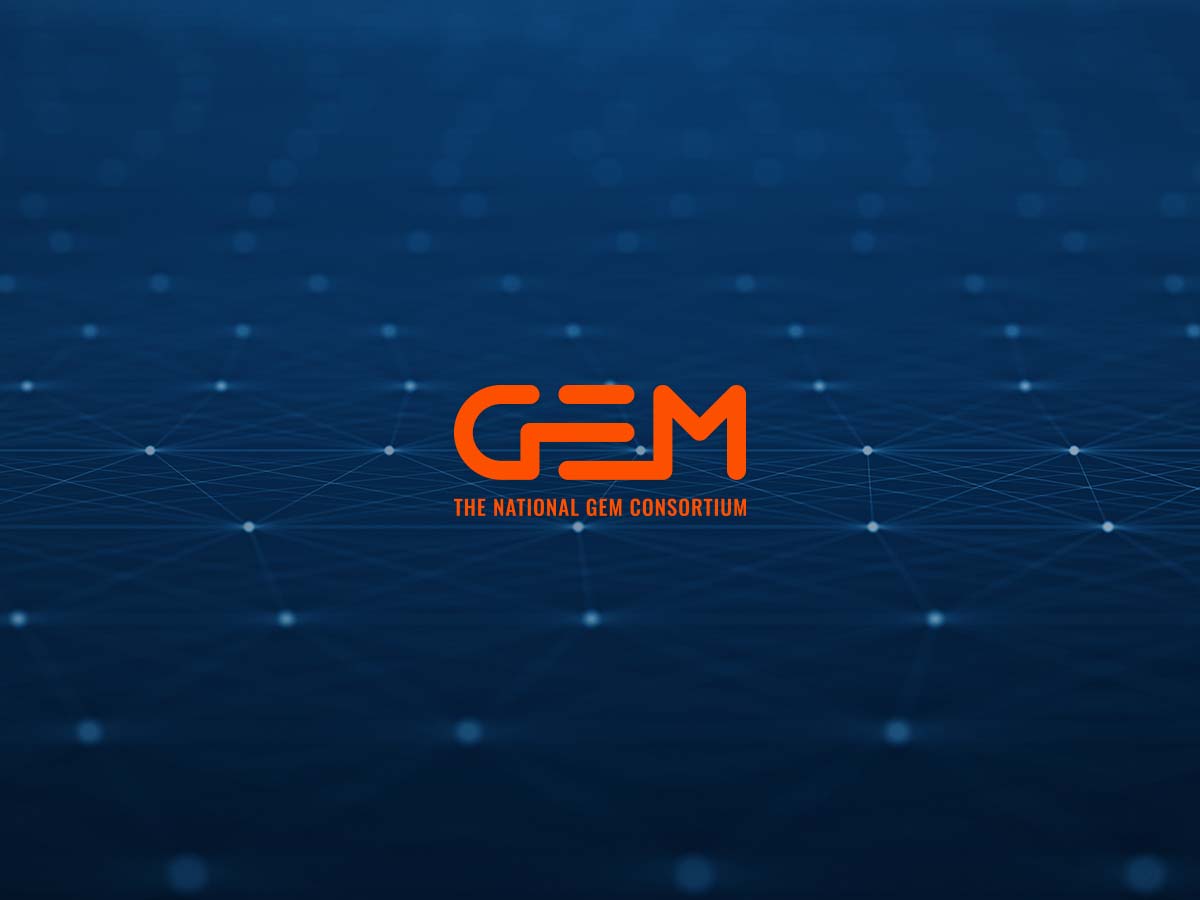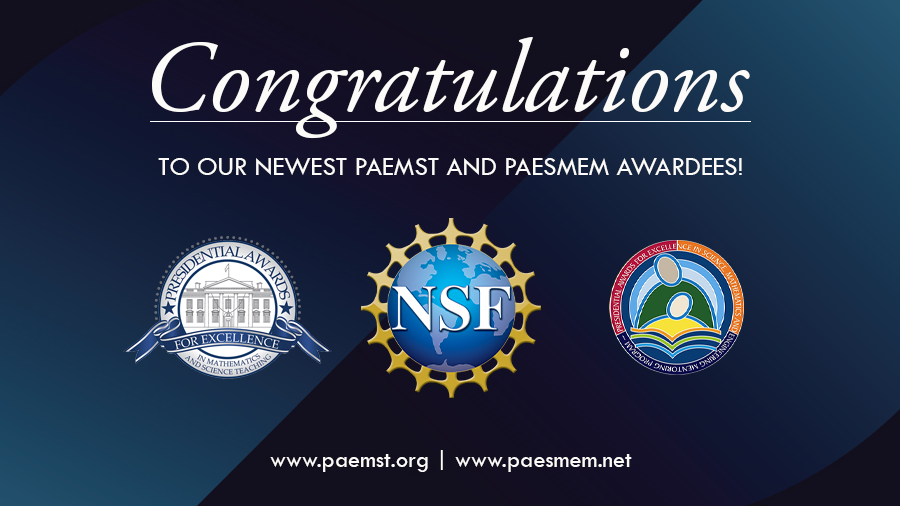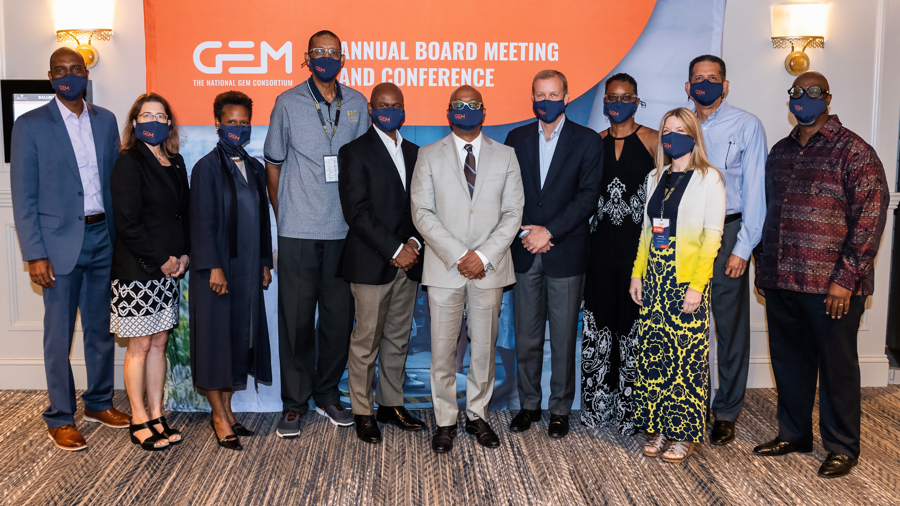As the semester comes to an end, many of you will be relinquished from the stresses of classes, looming deadlines, and the non-stop study grind. Whether you are planning to relax during the summer and decompress, begin an exciting internship or summer research program, or take a few summer courses, many of you will find that you have additional free time on your hands. Take full advantage of this time! No matter the case, seize this opportunity to recharge yourself and prepare for the Fall semester. If you are a junior, senior, or industry person planning to enter graduate school the following year, the summer is a perfect time to get a head start on preparing for graduate school and beginning fellowship applications. Completing graduate school applications is a grueling process. Trying to secure fellowship funding at the same time makes the process even more daunting. Consider this scenario: you are completing your senior year of coursework in an attempt to graduate on time, attempting to maintain a healthy social life, applying for graduate school, AND completing fellowship applications at the same time. It is even overwhelming just to read, right? Completing graduate school and fellowship applications while taking classes during your senior year is doable, but definitely not desirable. This is why it is essential to make the most out of your summer break by getting a head start. By incorporating some strategic planning, you will lessen the workload as much as possible prior to this upcoming Fall.
Before we consider how to get ahead of the game, let us outline the major components of graduate school applications and fellowship applications:
- GRE
- Personal statement
- Letters of recommendation
- Selecting the schools and fellowships that you will apply to
GRE – There are many opinions about the purpose of the GRE and its prediction of how well a student will perform in graduate school. Regardless of personal feelings, the GRE is still a key part of the graduate school application, so it is important you do well on it. If you do not get any grad school preparation done this summer, make sure to at least take the GRE. If you have the opportunity to take a free GRE preparation course or can afford to pay for a course this summer, I highly recommend enrolling. If you cannot afford to take a course, be sure to invest in GRE preparation book such as those offered by Kaplan, The Princeton Review, or ETS, or download a mobile app such as: The Official GRE Guide, Your Teacher, GRE Prep Math Flashcards Exambusters, as well as many others. Before you begin your preparation, it is important to have a firm understanding of what the GRE is as well as to know your respective strengths and weaknesses on the exam. ETS offers free sample exams on their website that you can take to gauge your performance. Carve a few hours out of your day and test yourself as early as possible. After seeing your scores, be sure to plan your summer studies around strengthening your weaknesses and further enhancing your strengths. Use your free time such as breaks at work to strengthen your vocabulary (flashcards come in handy; some of the companies mentioned above provide flashcards for purchase) and solve quick math problems (mobile apps are good for this). It is important to note that some people naturally do well on this exam with minimal preparation. I unfortunately was not one of those people, so I required as much time as possible to prepare. I recommend planning to take the actual GRE 1-3 weeks before your Fall semester begins. This will give you most of the summer to prepare for the exam and provides you with enough time to take the exam again in the Fall if you receive a score that is not desirable.
Personal Statements – It is not uncommon to hit a roadblock when it is time to write the personal statement. Many people find it hard to write about themselves, convey why they are well-suited for a graduate position or fellowship, and express their desire to conduct research on paper. This is why it is essential to start your personal statements in the summer as the statement will need undergo numerous revisions before its final submission. To get a feel for what questions you will be asked, I recommend looking at two or three graduate school applications for the schools that you are interested in. The questions across universities are usually similar, so when your personal statement is complete, you should only have to make minor modifications to tailor your personal statement for each school. When beginning your personal statement, I recommend jotting down everything that comes to mind when you think of the question. During the first draft of your personal statement, your only goal is to get content written down on paper. Do not worry about writing a perfect first draft or ensuring that your writing is grammatically correct. Ask a couple of your friends who have successfully went through the graduate school application process to share their personal statements and use those as examples. Look for common themes in the statements and think about how your story can be told in this manner, but still maintain the uniqueness of you as an individual. You should also find at least three proof readers: one who is currently in graduate school that works in your area of future study, one who has completed graduate school, and one person who is an English major or Historian (i.e., essentially, someone who is a good writer). When you have a draft together, give it to your first reviewer and let the reviewer provide a critical review. This is the point in which your personal feelings and ego should be left at the door…your edited document should be filled with red correctional markings (no one’s writing is perfect!). After you implement the first reviewer’s recommendations, give the new draft to your second reviewer. Try not to give copies of the same draft to multiple reviewers at once as this makes it hard to address recommendations and you end up with multiple versions of your personal statement. Since you are starting this process over the summer and have planned adequately, it is okay for it to be a serial process as opposed to a parallel one. You should expect your statements to be revised substantially and for there to be a number of iterations before your statement looks like something that you feeling comfortable with submitting. Another good resource that can provide feedback on your personal statement is the writing lab or career resource center at your current institution.
Letters of recommendation – The letters that you submit with your application are essential because they are typically written by established individuals in your field who can speak to your potential to conduct research at the doctoral level. This means you should absolutely seek to get strong letters from recommenders who have a Ph.D/M.D. as these are the people advocating on your behalf! A strong letter of recommendation is not a letter where the recommender simply copied and pasted your information into one of their generic letters or templates. A strong letter will be personal, will speak about the nature of your professional relationship with the letter writer, will include your relevant skillsets and how they can be applied within a graduate program, and will only speak about you in a positive light. If you would like for a past manager of yours to write a letter on your behalf, I recommend submitting only one letter in which the manager is the recommender. If your manager has a Ph.D., it can count as one of the three main letters; however, if your manager, community leader, or any other recommender does not have a Ph.D., this letter of recommendation should be considered an extra or supporting letter after your main three letters. It is important to bear in mind you’re your recommenders are likely busy people just as you are! Reaching out to your recommenders during the summer gives them ample time to compose your letter and reduces the chances of a recommender being too busy to write a letter on your behalf. To learn about what information you can provide your recommenders to ensure that they write the strongest letters, take a look at my previous blog ‘Tis the Season to Apply For Funding.
Selecting the schools and fellowships that you will apply to – The summer is a perfect time to do research on the schools you may be interested in applying to along with finding what fellowships you are eligible for. This will also assist you with putting submission deadlines into perspective and will allow you to plan accordingly. To learn about how to begin compiling your list of potential graduate schools, read my previous blog Selecting Your Top 10 Graduate Schools: Apply and Conquer. In regards to discovering what fellowships to apply to and making yourself the most competitive for funding (especially if you plan to apply for the GEM Fellowship), read my previous blog, ‘Tis the Season to Apply For Funding.
If you made it this far in the blog, you are probably thinking that the graduate and fellowship application process has transformed your “summer break” into “summer work.” Sadly, my friends, you are right! Just remember that it is good work and only will only help to secure your future by making your applications as competitive as possible. By completing this summer work, you are streamlining the graduate school and fellowship application process. Trust me, you will thank yourself in the Fall as the most cumbersome part of the application process will be long behind you. Good luck with your endeavors, and be sure to take “small” amounts of time to enjoy your summer!
By: Dr. Corey E. Baker. This blog was written while he was a GEM Fellow and graduate student at the University of Florida. Dr. Baker is an Assistant Professor in the Department of Computer Science at the University of Kentucky. Follow him on Twitter: @DrCoreyBaker. His personal website is coreyebaker.com.
